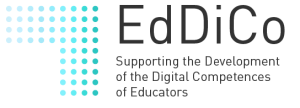Supporting Learning in Traumatic Conflicts: Innovative Responses to Education in Refugee Camp Environments – LO
UN statistics indicate that some 55% of Syrian refugees are under the age of 18. This fact underlines the huge opportunity for all to benefit from a proactive educational response.
This means however that host countries need to ensure quick access to quality education and training opportunities. If this is done well and consistently, this young but severely disadvantaged generation of refugees can acquire the tools to succeed.
Refugees would benefit from measures that make education systems more inclusive.
This includes:
• ensuring students are not segregated into different types of schools based on socioeconomic
grounds;
• promoting early childhood development and education programs;
• making parents part of the education process;
• offering remedial programs; and
• equipping teachers with tools to provide support to students with multiple
disadvantages.
Analyzing the Lesvos Solidarity Camp the ultimate aim of the analysis is the construction of a model of best practice that, in addressing the needs of vulnerable and often traumatized populations, additionally creates a learning paradigm of benefit to Greek communities, teachers, students and employers. Multiplying the social benefits and reducing potential areas of conflict are designed not simply to improve communications and social engagement. They are also powerful tools in constructing a shared learning community, united by diversity, where joint benefits can create and sustain real
learning outcomes and skill-acquisition innovation.

